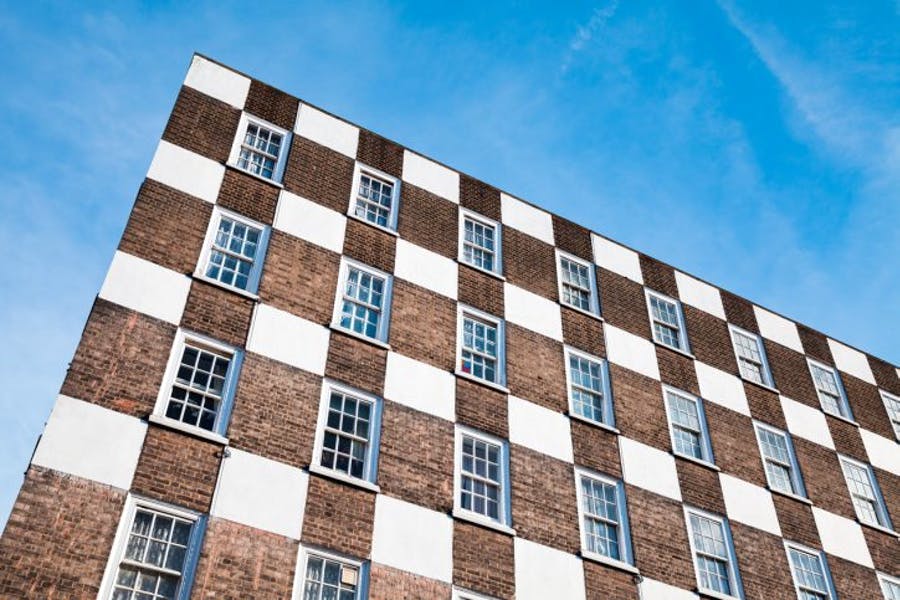Given that the government is running a £40 billion deficit, is determined to increase spending on infrastructure and will not be facing an election for another five years, no-one should get their hopes up too much for tax cuts in the Budget. Indeed, most of the talk has been of possible rises. But if any tax is going to be cut it is likely to be Stamp Duty on property purchases, at least those made by owner-occupiers at the lower end of the market. No tax has been jacked up quite so much over the past two decades.
When Gordon Brown started as Chancellor buyers paid a flat one per cent of the value of the property they were buying. Now there are progressive bands, as well as a three per cent surcharge for second or investment properties. As a result, the buyer of a million pound property – who would have paid £10,000 in stamp duty in 2000 – will pay £43,750. If the property is a second home or for investment the bill climbs to £73,750.
No wonder that fewer of us want to move house, or to invest in property. The number of transactions in the UK has never recovered from the 2008/09 slump. From 1.7 million sales in 2006/07, sales collapsed to 792,000 two years later. They have recovered, but only to 1.19 million in 2018/19. Stamp duty is a prime example of the Laffer Curve – where if you increase tax rates you don’t necessarily increase revenue. Stamp duty receipts actually plunged last year from £12.9 billion in 2017/18 to £11.9 billion in 2018/19.
Few will be sorry, but one of the big victims of stamp duty has been the estate agency profession. It is a long time since the business of selling houses was the natural choice of a yuppie in search of a quick fortune. The merger announced this week between estate agency chains Countrywide and LSL is reminder of just how weak this sector has become. Countrywide was only saved thanks to an emergency share issue in 2018, when it lost £236 million on sales of £619 million.
While agents have long accused of jacking up house prices by encouraging gazumping and the like, they have no great interest in pushing prices up a few percent. What really makes or breaks them is the volume of sales. If people aren’t moving, they are not going to make any money. Given their traditional business model of no sale, no fee, they really to have to see a transaction through to completion if they are to receive a bean.
A few years ago, no-one would have been too surprised to see branch-based estate agents in trouble. This was yet another industry which faced being turned upside down by internet-based disruptors. Yet in the case of estate agency, the disruptors aren’t doing too well either. The best known of them, Purplebricks, has certainly grown, from £3.4 million of sales in 2015 to £136 million in 2018, but its losses have grown with it, from £5.4 million to £51.8 million over the same period.
In contrast to many other online disruptors, investors are unconvinced that it will ever make a profit. A share surge in 2016 was followed by just as rapid a collapse – the share price is down nearly 80 percent since its peak. Its business model – charging a flat fee whether a property is sold or not – does guarantee it some income even if a property does not sell. Then again, customers who fail to bag a buyer are not going to feel too pleased – which doesn’t help attract business.
With real incomes rising, employment at an all-time high and interest rates seemingly stuck at their rock-bottom rates for the foreseeable future, these ought to be ideal conditions for the property market. Some kind of stamp duty cut would add a further boost. But if you are trying to make a living selling property, and driving round in a Smart Car rather than a Porsche, it is going to take an awful lot to return your fortunes to the glory days.






Comments